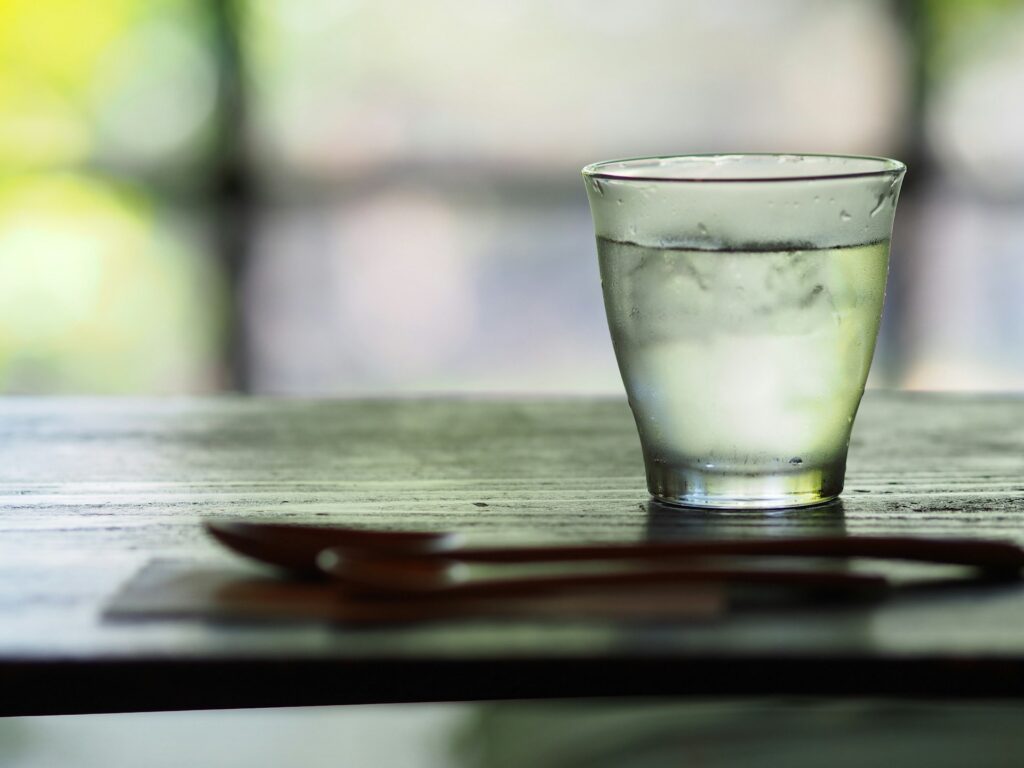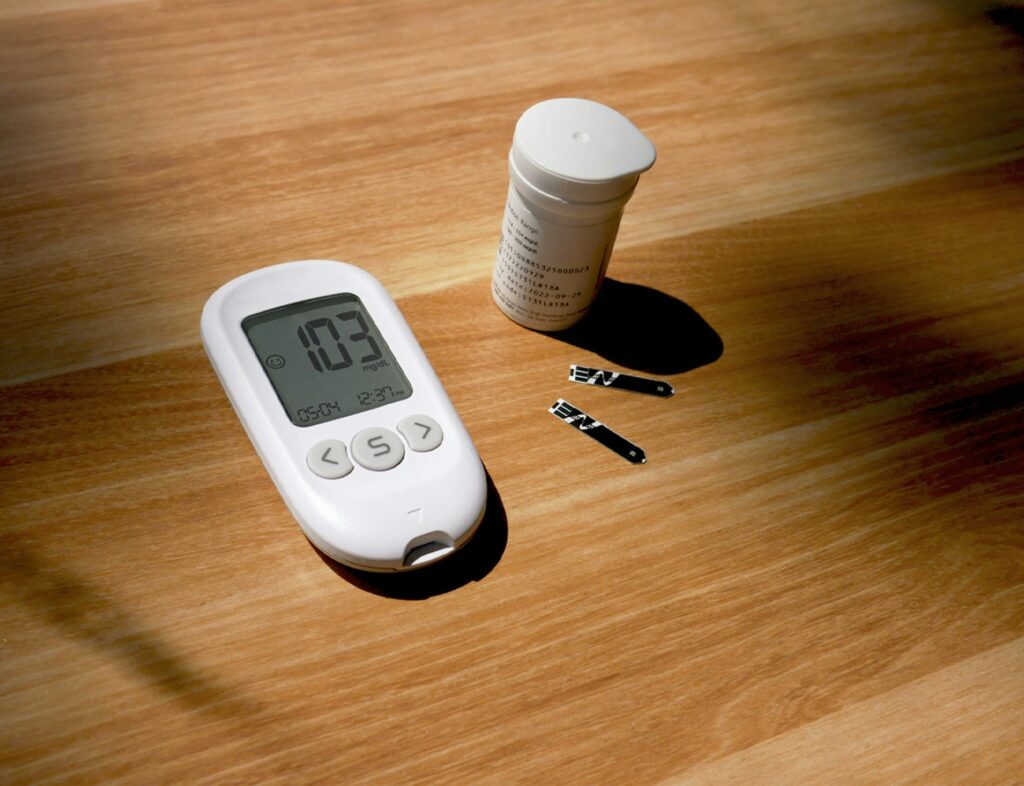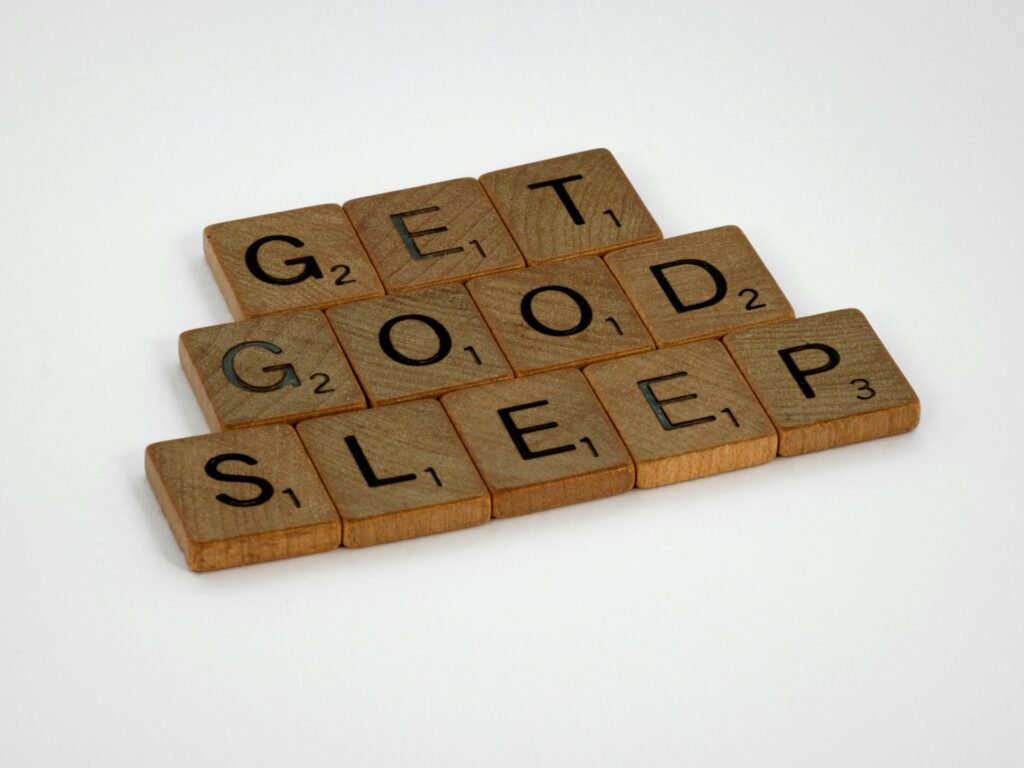Improving your health and well-being doesn't have to be complicated. Sometimes, the most effective strategies are the simplest ones. Here are five straightforward protocols that you can incorporate into your daily routine to promote well-being holistically.
Hydration is Key
Increasing your water intake is vital for maintaining good health. Adequate hydration can help prevent numerous doctor's visits. Opting for high-quality water is essential as it offers a multitude of benefits. Drinking water improves kidney function, enhances brain clarity, boosts blood flow, supports healthy aging, promotes clear skin, and facilitates the delivery of oxygen and nutrients while eliminating toxins from the body.

Water helps to:
- Regulate Body Temperature
- Transport Nutrients
- Lubricate Joints
- Flush out Toxins
Investing in a water purification system ensures access to clean, filtered water. Tap water, often treated with chlorine to eradicate microbes, poses risks to our natural microbiome and immune system due to its chemical composition. To minimize exposure to environmental toxins, it's crucial to enhance water quality.
Choosing glass or stainless steel containers for drinking water is advisable. Starting your day with a generous glass of water and maintaining hydration throughout the day, even before snacks, can help curb unnecessary calorie intake.
While plastic water bottles offer convenience, they often leach harmful chemicals like Bisphenol A (BPA), which mimic estrogen and can lead to various health issues including diabetes, obesity, fertility problems, behavioural issues, and early puberty in girls.
Reduce Alcohol and Sugar Intake
Our diet significantly impacts how we feel and how our bodies function. Opting for a well-balanced, nutrient-dense diet can dramatically improve health while consuming highly refined and processed foods can have the opposite effect.
Sugar, often considered one of the most detrimental foods, elevates blood glucose levels when added to our diet. This increase in glucose alters normal biological functions, including the activity of immune cells such as neutrophils and phagocytes, leading to a compromised immune response. Limiting the consumption of foods and beverages high in added sugar, such as ice cream, cake, candy, and sugary beverages, can significantly enhance overall health and support a robust immune system.
According to the World Health Organization, alcohol is a toxic and psychoactive substance with dependence-producing properties. While alcoholic beverages are commonplace in many cultures, exceeding two standard drinks per day can have severe physical and mental health implications over one's lifetime.

Regular, heavy alcohol consumption can contribute to unhealthy weight gain and significantly increase the risk of various cancers. Excessive alcohol consumption weakens the immune system, leaving the body more vulnerable to diseases.
It's important to understand what constitutes "too much" alcohol. One standard drink contains approximately 10 grams of pure alcohol, which is:
- 285ml full-strength beer or cider
- 375ml mid-strength beer
- 425ml light-strength beer
- 100ml of wine
- 1 nip (30ml) of spirits
To reduce alcohol consumption, consider replacing high-alcohol content beverages with lower concentrations of alcohol or opting for non-alcoholic alternatives. While drinking is a social norm, choosing non-alcoholic options more frequently will lead to fewer complications later in life.
Prioritise Regular Movement
Regular movement is essential for maintaining overall health and well-being. In today's fast-paced world, finding time for regular exercise can be challenging. However, even simple activities can significantly benefit both your physical and mental health. Choosing activities that you genuinely enjoy can make exercise feel less like a chore and more like a rewarding part of your day.
Incorporating regular movement into your daily routine is vital for reducing stress and improving mental health. Begin your day with a short stretch or yoga routine, engage in rebounding exercises, and consider taking a short walk in your neighbourhood.
Throughout the day, make an effort to move more by strolling in the park during lunch breaks, opting for the stairs instead of the elevator, practising regular stretching, engaging in gardening, completing household chores or home improvement projects, walking your dog, and playing with your kids.

Regular movement offers numerous benefits, including stress reduction, mood improvement, enhanced oxygenation of the body, improved lymph drainage, increased energy levels, better brain health, maintenance of optimal weight, and support for the immune system. Strengthening your muscles through regular movement can help bolster your immune system, contributing to overall health and well-being.
Living in New Zealand provides us with access to stunning outdoor spaces. Take advantage of the beautiful surroundings and embrace outdoor activities. Make it a priority to get outside and start moving, allowing yourself to fully appreciate the blessings of our natural environment.
Boost Your Vitamin D Levels
Boosting your Vitamin D levels is essential for overall health, closely linked to previous discussions. Currently, 90% of the global population suffers from Vitamin D deficiency due to inadequate sun exposure, interrupting Vitamin D synthesis.
Vitamin D plays a crucial role in various bodily functions, including immune system enhancement, calcium absorption, thyroid function, and mental health. Good Sources also include fish, eggs, liver, and D3 supplements.

Increase Vitamin D intake during summer through sun exposure. Aim for 10,000 to 20,000 IU of Vitamin D3, with recommended sunbathing times based on skin type:
- Light skin: 15-20 minutes daily
- Medium skin: 25-30 minutes daily
- Dark skin: 40-45 minutes daily
While sunscreen is essential for UV protection, aim for sun exposure before 11 am or after 4 pm, when it's safer. Vitamin D production begins when the sun is 30% above the horizon.
Track your Vitamin D levels using the Dminder App for better monitoring and management.
Reducing stress and improving sleep are essential for overall well-being.
While occasional stress is normal, persistent stress can become a serious issue, affecting various aspects of health and life satisfaction.
Stress, often viewed negatively, is actually a vital defence mechanism in the body's evolutionary psychology. It triggers the "fight-or-flight" response, flooding the body with hormones to cope with danger or threats. However, when stress becomes chronic, it can lead to physical, mental, and emotional challenges, impacting relationships, job satisfaction, and overall joy in life.

Regardless of stress levels, there are ways to enhance stress adaptability. Incorporating supplements like magnesium, B vitamins, and adaptogenic herbs such as ashwagandha can promote relaxation and reduce anxiety.
Additionally, practices like gratitude, deep breathing, prayer, and meditation offer effective stress relief. Listening to soothing music can also aid in stress reduction.
Quality sleep is crucial for managing chronic stress. Aim for 7-9 hours of uninterrupted sleep each night. Establish a consistent bedtime routine, avoiding electronics, caffeine, and stressful activities before bed. Create a relaxing sleep environment by keeping your room cool and dark, or using a sleep mask or setting up a salt lamp can all contribute to a better and more relaxing environment to help you get better sleep. Spending time in the sunlight during the morning can boost serotonin levels, aiding melatonin production in the evening for a peaceful sleep.
By prioritising stress management and sleep hygiene, you can enhance your overall well-being and lead a healthier, more balanced life.
In Conclusion,
These 5 simple steps can significantly enhance your overall well-being holistically. Neglecting these elements often leads to various health issues. If you or a loved one need assistance in crafting a comprehensive well-being plan, addressing pre-existing conditions, or feeling uncertain about where to begin, don't hesitate to request a consultation today. Remember, we possess the tools to nurture our well-being, and we don't have to navigate this journey alone.
All the Best,
Anna
